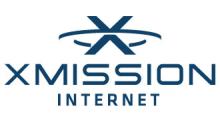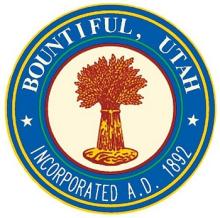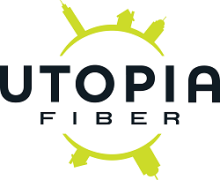
Customers subscribing to Xmission via UTOPIA just received a free upgrade. Subscribers to the 50 Mbps service are now receiving 100 Mbps at no extra charge. The Free UTOPIA blog ran the announcement along with this tip:
One thing to note is that if you aren’t seeing those speeds, you may need to upgrade your router. Most routers, even newer ones, don’t include a 1Gbps WAN port which often serves as a bottleneck. Older 802.11 a/b/g routers also create choke points on the wireless side. All said, that’s a pretty nice problem to have, isn’t it?
Indeed it is...
We reported on Xmission's decision to keep customer data private and we interviewed Pete Ashdown, founder of Xmission, and Todd Marriott from UTOPIA in Episode #3 of the Broadband Bits podcast. The two talked with Chris Mitchell about the services they provide and some of the challenges they have faced as a publicly owned network and a local provider.
This announcement is no surprise for our readers. We often report on free or modestly priced speed increases from publicly owned networks and providers that deliver services via publicly owned infrastructure. In contrast, the news is regularly speckled with stories about increased rates with no increase in speeds from the large national providers.







